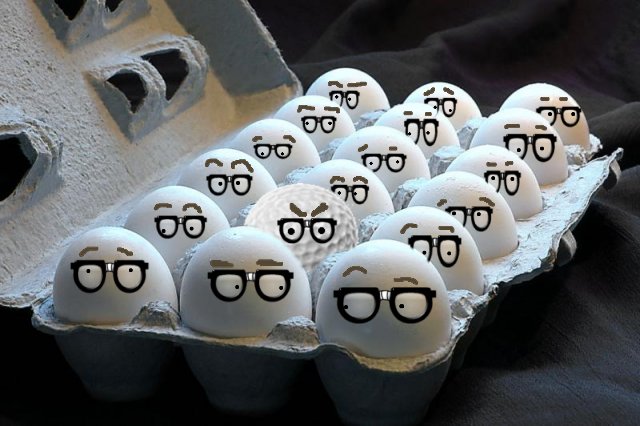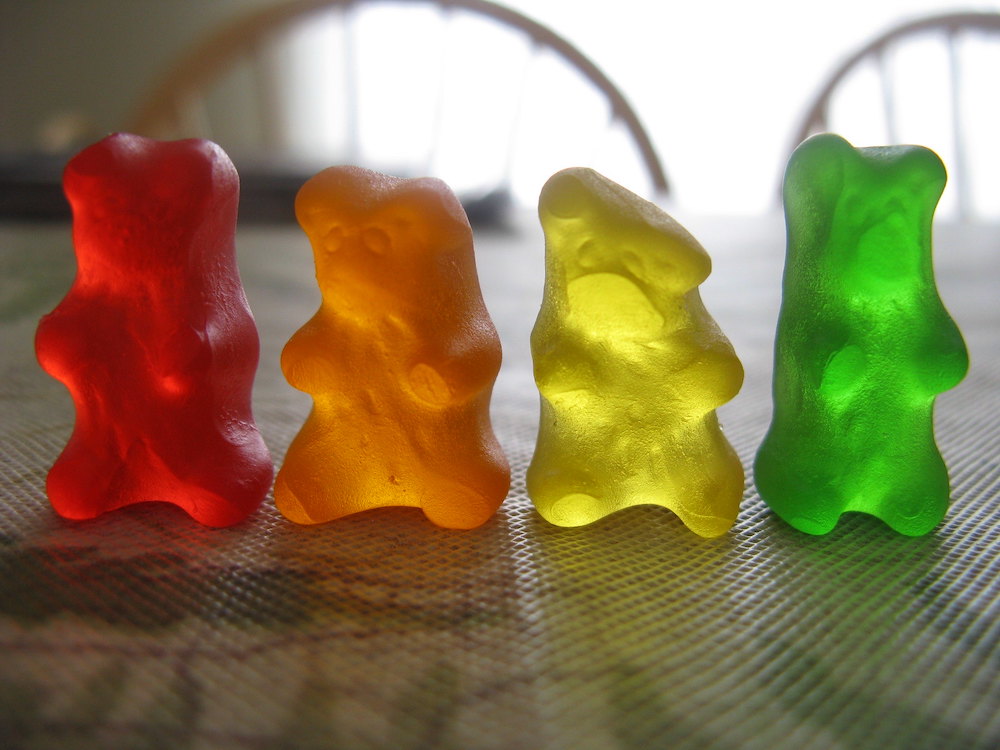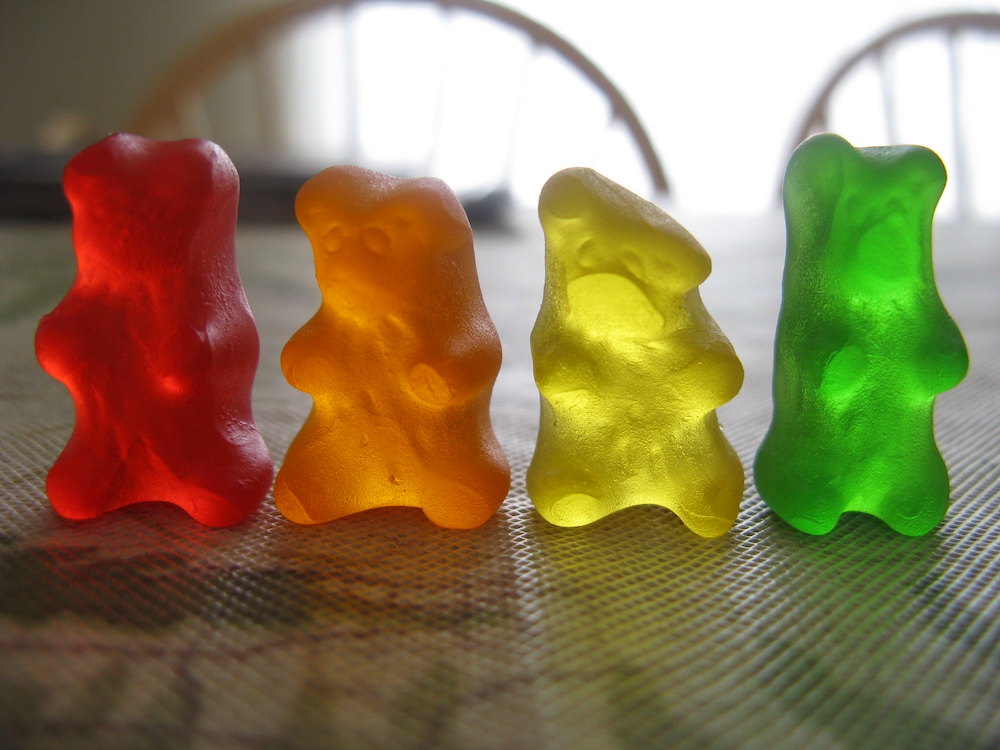Our new column, “Among People”, aims to offer a platform to marginalised people so they can share their experiences of discrimination and draw attention to the unseen. In this first instalment, Genaro is sharing his thoughts with you: “Between Oppression Olympics and Olympus”.
At times, when I’m just pondering away and it kind of feels like sitting on a motorway bridge, down below vehicles full of thoughts and lorries full of worries, I am overcome with memories. Memories of me standing with other pupils in the yard as the few non-migrantised boys were desperately trying to come up with their own ethnic background so they could fit in with us. Take Kevin, for example. He was at least one sixteenth Russian and most certainly one eighth French—so why shouldn’t he suffer just as loudly as we did when the teacher told us to carry on studying even when we end up in jail? This situation that would later reappear to me in Mohamed Amjahid’s book “Der weiße Fleck” (“The White Spot”) as Oppression Olympics did look quirky to me back then but by no means problematic. Today, situations like these do their critical part to me feeling ashamed when I talk about my experiences. I feel like this impostor, like the boy who hasn’t been wandering through the yards of my memories for a long time. Instead, after a long and hard road, I finally fit in with the elite—I go to university. It is not without pride that I am writing this sentence. I go to university. This is a circumstance that seemed unthin kable to me or my former schoolmates, a suc cess story that could very well end with this sentence and everyone would be happy—the Kebab from those days has fit well into society and Germany has done a brilliant job in helping him to achieve that. I beg your pardon, dear reader, but it’s not over yet.

My mother is German, my name is European, my skin tone is the “good” kind of brown—just about white enough to not stand out. I once was considered by white scholars to not fit in, now I am considered by white scholars to fit in and again my impostor phenomenon is triggered—where is my place? Should I be flaunting my “light” burden? Should I talk about how I was abused at the age of 16 years by four true fascists, how their cigarettes have over time been decorating my hands and arms as silent witnesses of their deeds forever? How the policeman later asked me why I didn’t strike back—after all, I was a “stately man”? Or should I nod happily, thanking them for fitting in now? Don’t get me wrong, I do want to belong, I want to be part of this uni, but I still want to be my whole self.

Like most who are going to read this, I am studying at a university in Halle an der Saale named after an antisemite. A university which offers the “AntiDiscrimination Prevention and Counselling Office” as its only point of contact for migrantised people. As much as I appreciate its work in the area of intersectional feminism, it still is a counselling office of white people who can probably barely empathise about racist experiences. More attention for marginalised and migrantised people is needed on a structural level as well, in order to meet the original concept of university: entirety.

While I am trying to share my knowledge with other privileged people in my capacity as an ally, I should like to point out that raising awareness is not just the duty of marginalised people. What we can all do is listen more and look into our own privileges, even if it may feel like a loss or an affront at first. Let us try to treat each other with more care, and sincerely ask about and notice other people’s needs even within busy college life, and we will be of help to all of us.
Text: Genaro Heuer
Translation: Konrad Dieterich
Illustrations:
Certified su (CC BY 2.0) flickr.com/photos/certified_su/229016531/
Sam Bald (CC BY 2.0) flickr.com/photos/28931095@N03/5345386518/
• Do you feel discriminated against, too? Our new column, “Zwischen Menschen” (“Among People”), aims to offer a platform to marginalised people so they can share their experiences of discrimination and draw attention to the unseen. Would you like to take this opportunity to present your unfiltered experiences and thoughts on this topic? Please feel free to get in touch with us at zwischen-menschen [at] posteo [dot] de.
